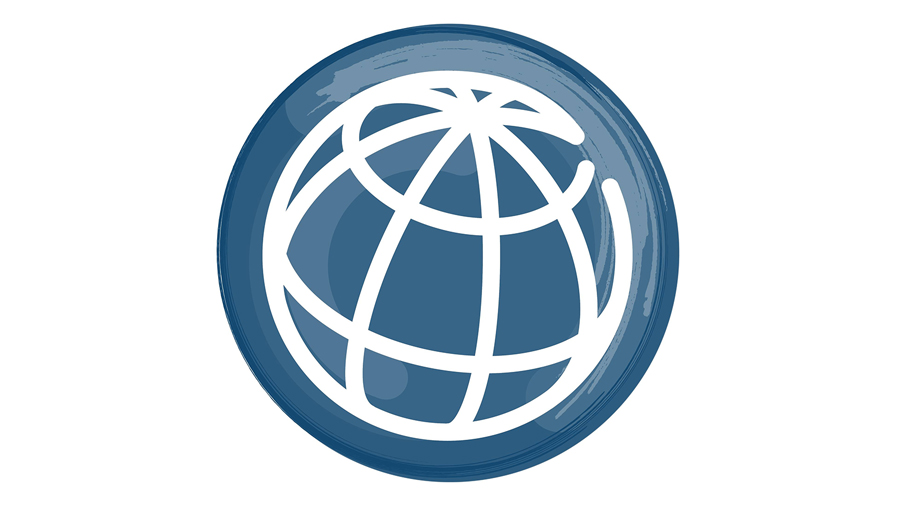
The World Bank has approved a USD 40 M financing package to help Bhutan address the growing challenges posed by climate change and natural disasters. Being heavily reliant on its hydropower sector, Bhutan faces increasing risks from natural hazards such as glacial lake outburst floods (GLOFs), earthquakes, and wildfires. The financing aims to improve Bhutan’s ability to prepare for and respond to such disasters while safeguarding critical infrastructure and the economy.
Hydropower plants in Bhutan are highly vulnerable to floods, landslides, and other climate-related disruptions. Bhutan has already updated its guidelines for building and maintaining hydropower projects to ensure they can better withstand these risks.
The financing will help the country adopt a broader planning approach that considers entire river systems, and reduce vulnerabilities, ensuring the long-term sustainability of its energy sector.
In a news release, World Bank’s Country Director for Bhutan, Abdoulaye Seck said, “Building on our long partnership with the Royal Government of Bhutan, the operation will help enhance the country’s capacity to ensure that critical infrastructure and communities are better prepared to withstand the impacts of climate change and natural disasters, or a health emergency caused by a biological event.”
International organisations like the Climate Investment Funds and the Japan-World Bank Program will provide expertise to help Bhutan adopt best practices to reduce disaster risks and build resilience.
The fund will be used to upgrade homes, schools, and hospitals to make the structures earthquake-resilient.
Early warning systems will also be improved to provide timely alerts about potential hazards, such as GLOFs and wildfires.
In the news release, Finance Minister Lekey Dorji stated, “This operation will significantly contribute to realizing Bhutan’s 13th Five-Year Plan, which aims to safeguard and strengthen the country’s resilience by focusing on mitigating and managing disaster risks to its economy, infrastructure, institutions, and people. It will provide the necessary financial protection and immediate liquidity in the aftermath of disasters, ensuring that we can respond swiftly and effectively to protect our people and infrastructure.”
The project also includes a clause allowing Bhutan to defer payments for up to two years after major disasters.
Karma Samten Wangda
Edited by Phub Gyem









